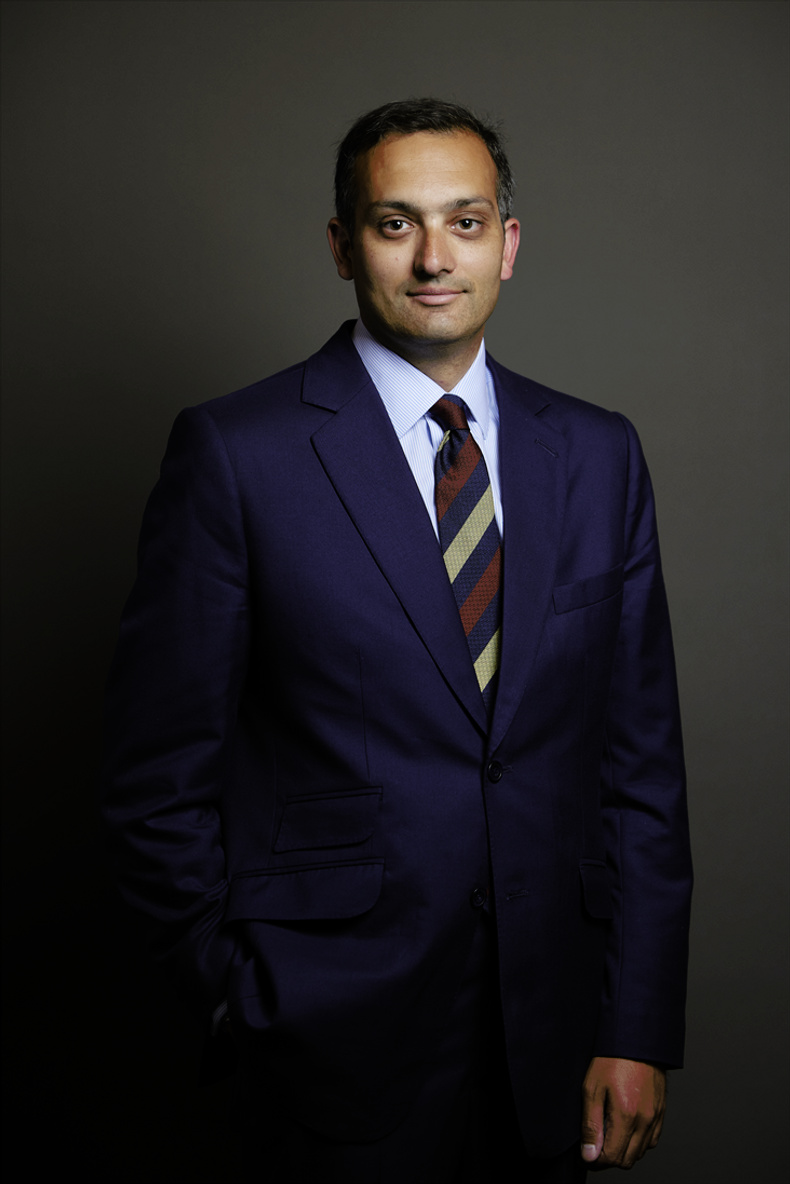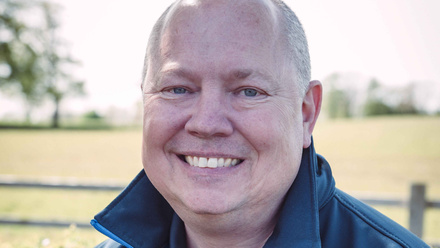Veterans need more advocacy: Neil Shastri-Hurst on the value of ex-forces talent for SMEs

Neil Shastri-Hurst served as a medical officer in the British Army. Today, he represents Solihull West and Shirley as a Member of Parliament.
In recognition of Armed Forces Day, Neil reflects on his military and civilian life while exploring how his experience in the army paved the way for a career of public service.
Neil also shows how SMEs can tap into a talent pool that is both loyal and highly capable.
Can you share a brief overview of your time in the Armed Forces — where you served and in what role?
I had the honour of serving as a medical officer in the British Army, a period of my life that left a lasting impression on me both professionally and personally.
My time in uniform saw me posted to various parts of the UK and overseas, which brought home the importance of teamwork, resilience, and calm leadership under pressure.
Serving alongside remarkable men and women — often in the most testing of circumstances — was a privilege I will always hold dear.
What led you to transition into your current role — whether in business, politics, or civic life?
It was a sense of duty that first drew me to the Armed Forces, and it’s that same spirit of service that led me into public life.
After leaving the Army, working both in the NHS and thereafter in the Law, I quickly realised that the challenges our country faces — from healthcare reform to national security — demanded voices shaped by real-world experience.
Politics offered a platform to turn that experience into action.
I wanted to be part of a generation of leaders that doesn’t simply comment from the sidelines, but steps forward to shape the future of our nation.
How has your military experience shaped the way you approach your work today?
The military teaches you to lead with clarity, to listen intently, and to act decisively — especially when the stakes are high.
Those lessons never leave you.
Whether I’m scrutinising policy in Westminster or speaking with constituents in Birmingham, I draw on the same principles I learned in uniform: preparation, purpose, and perseverance.
Politics, like military service, is a team effort — and success depends on forging bonds of trust and mutual respect.
Are there specific skills or values from your service that still guide you day to day?
Absolutely. Discipline, integrity, and service before self — these aren’t just Army slogans; they’re the foundation of how I try to live and lead.
The ability to remain composed in adversity, to make decisions with incomplete information, and to place the welfare of others above your own — these are skills that translate powerfully into public life.
The Armed Forces teach you to think strategically and act ethically, and those values continue to guide me every single day.
What was the biggest challenge in transitioning to civilian life, and how did you overcome it?
Leaving the camaraderie of the Armed Forces is a profound shift.
You go from a world where roles, responsibilities, and shared purpose are crystal clear, to one where the structures are often less defined.
For me, the key was finding a new sense of mission — and using the strengths forged in service to contribute in new ways.
I surrounded myself with people who shared that ethos and remained committed to continuous learning.
That helped ease the transition and gave new direction to my ambitions.
Do you think the business or political world fully understands the strengths veterans bring to the table?
In truth, I think there’s more work to be done.
Veterans bring a wealth of experience — leadership under pressure, strategic thinking, an unwavering sense of duty — and yet too often their talents are underutilised or misunderstood.
We need to challenge the stereotypes and shine a light on the contribution that former service personnel can make, not just in defence or security, but across the economy and public life.
That’s why it’s vital for leaders — in business, in politics, and beyond — to advocate for veterans and ensure they get the opportunities they’ve earned.
What role do you think organisations — especially SMEs — can play in supporting service leavers or reservists?
SMEs are the backbone of our economy and have a unique ability to innovate and adapt.
They’re also perfectly placed to benefit from the skills and mindset of service leavers.
By offering flexible pathways, mentorship, and structured onboarding, SMEs can tap into a talent pool that is both loyal and highly capable.
I’d like to see more employers sign the Armed Forces Covenant and embed veteran-friendly policies in their recruitment.
It’s not about charity — it’s about smart business and shared national purpose.
How do you personally mark or reflect on Armed Forces Week?
Armed Forces Week is a time for gratitude — for recognising the courage and commitment of our serving personnel, veterans, and their families.
For me, it’s also a time of reflection.
I take the opportunity to reconnect with former comrades, to support local events in my constituency, and to reaffirm my commitment in Parliament to those who have served.
It’s a moment to remind the country that behind every uniform is a human story — of sacrifice, pride, and unyielding service.
With Birmingham set to host the Invictus Games in 2027, what do you think the impact of the event could be — for the city, for veterans, and for the wider business community?
The Invictus Games are about resilience, recovery, and the unbreakable human spirit — and there is no better city to host them than Birmingham.
As a proud Brummie and veteran, I know how powerful this moment will be.
It will showcase the strength and determination of wounded and injured veterans, but it will also shine a spotlight on Birmingham as a place of compassion, opportunity, and innovation.
The Games will leave a legacy — not just in terms of infrastructure or investment, but in changing perceptions and forging lasting partnerships between veterans, communities, and businesses.
It will be a celebration of service, strength, and hope.



